What doesn't kill an everything bagel only makes it stronger
An annotated reading of the books I finished in August & September 2024.
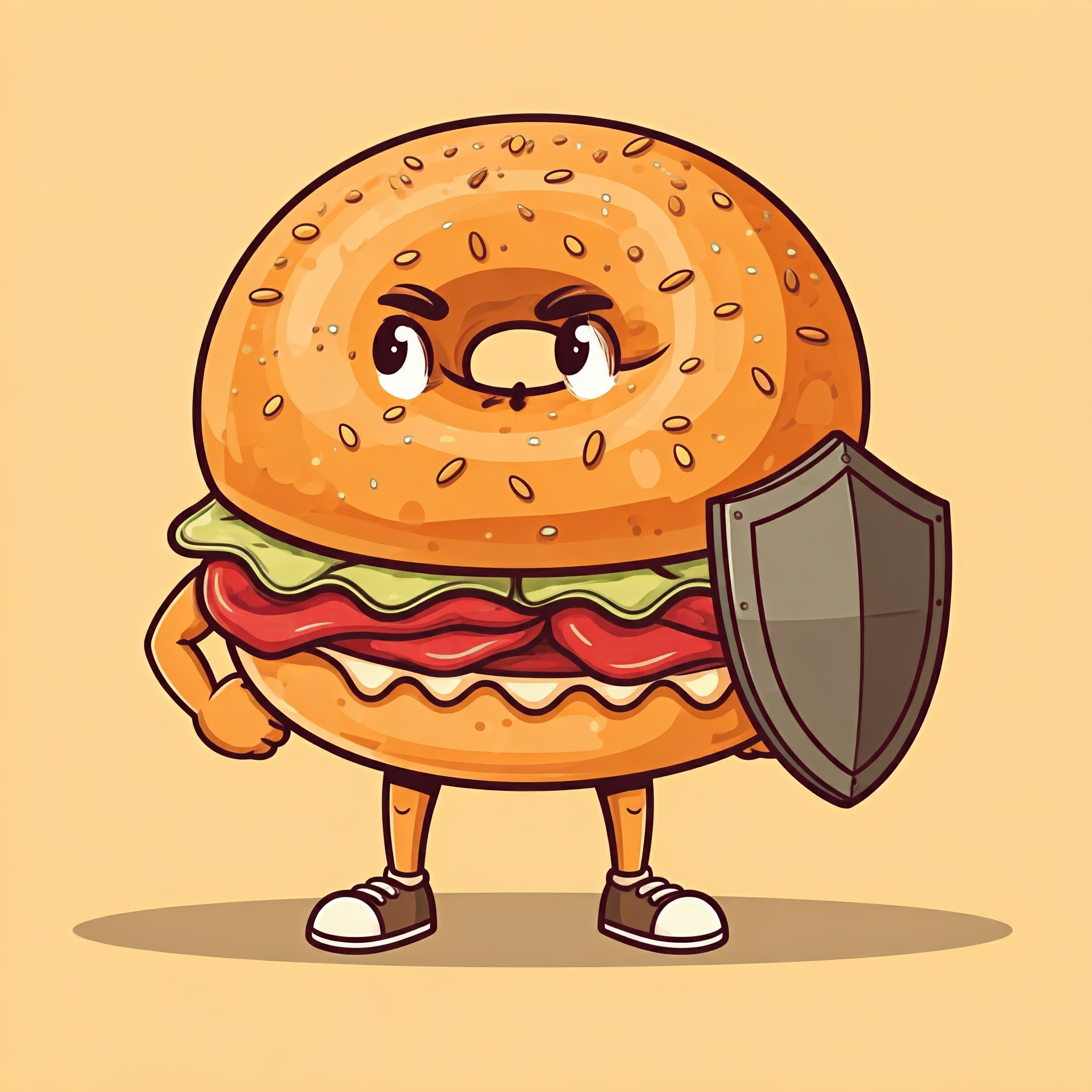
For this month’s annotated readings, I’ve decided to combine the months of August and September into a single (everything bagel) post. You be the judge if that was a good call or not. ¯_(ツ)_/¯
Books Read in August & September 2024
- Antifragile
- The Hero of Ages
- Trauma
- The 7 Habits of Highly Effective People
- Man’s Search for Meaning
- Making Sense
To predict or not predict, that is the question
Taleb’s more recent book entry Antifragile discusses at length some of the lessons we can learn, among many other time periods, from the Great Recession of 2008 and how hubris and unfounded intellectual postulating led us to base many of the world’s socioeconomic components on shaky statistical grounds. Antifragile encourages its readers to rethink how (and whether) we try to measure risk and reward in modern (increasingly unpredictable) times.
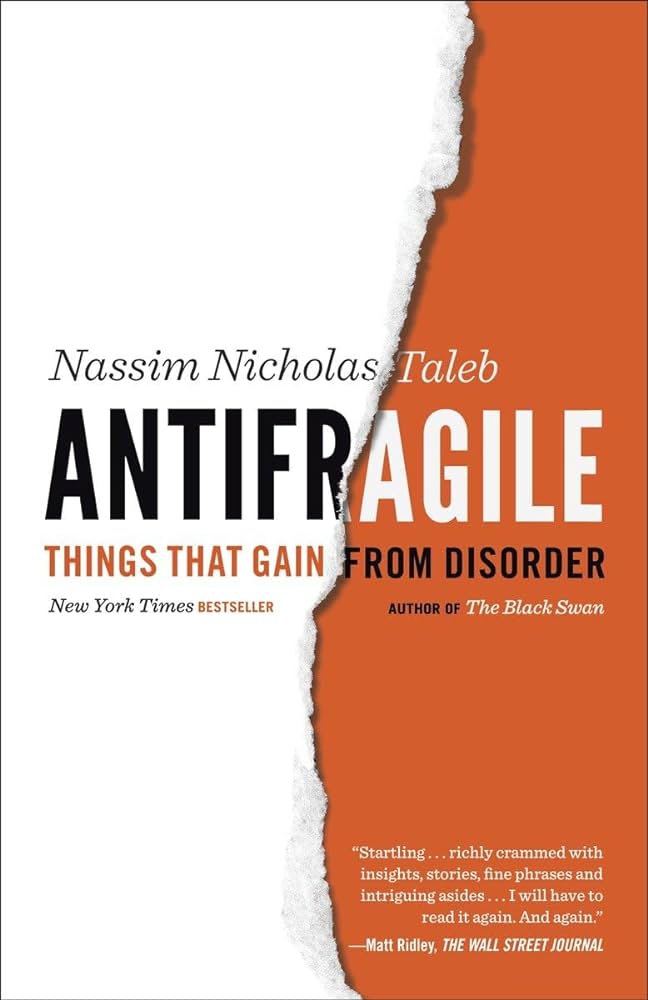
Well that was grim
In The Hero of Ages, Sanderson concludes his epic Mistborn trilogy by exploring the classic “world end” fantasy trope in a refreshing light: What if the laws of nature themselves began to push towards obsolescence and indiscriminate destruction? How might that impact the psychology and motivations of the story’s protagonists? The series finishes its narrative on a steely note yet in a manner that spurs its readers to consider how else the story might have evolved. As Sanderson writes through one of his final surviving characters (seemingly in reference to himself as the author), “Finally he exhaled softly, his work finished.”
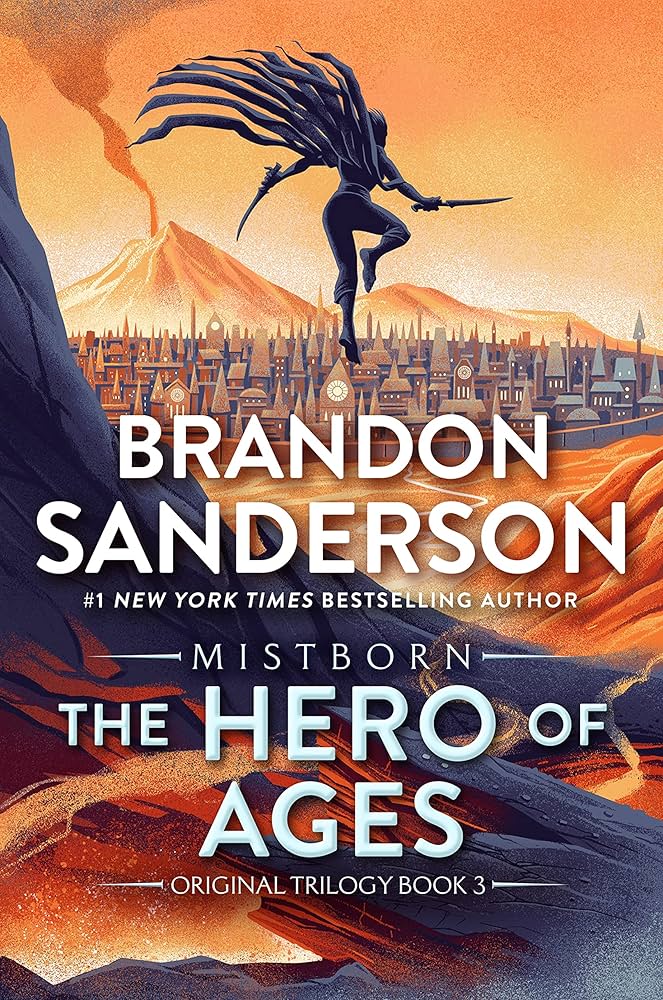
Informed healing
Paul Conti’s recent book Trauma: The Invisible Epidemic delves into the ubuiquity and effects of traumas (plural), both small and large, over the course of one’s life (in especially in the aftermath of the COVID-19 pandemic). In this book, Conti offers readers some empathetic and actionable insights into more mindful ways of reflecting on past and current traumas and how we as a society should no longer find it acceptable to stigmatize them or consider them “indelible character attributes”, to instead find ways of growing alongside them.
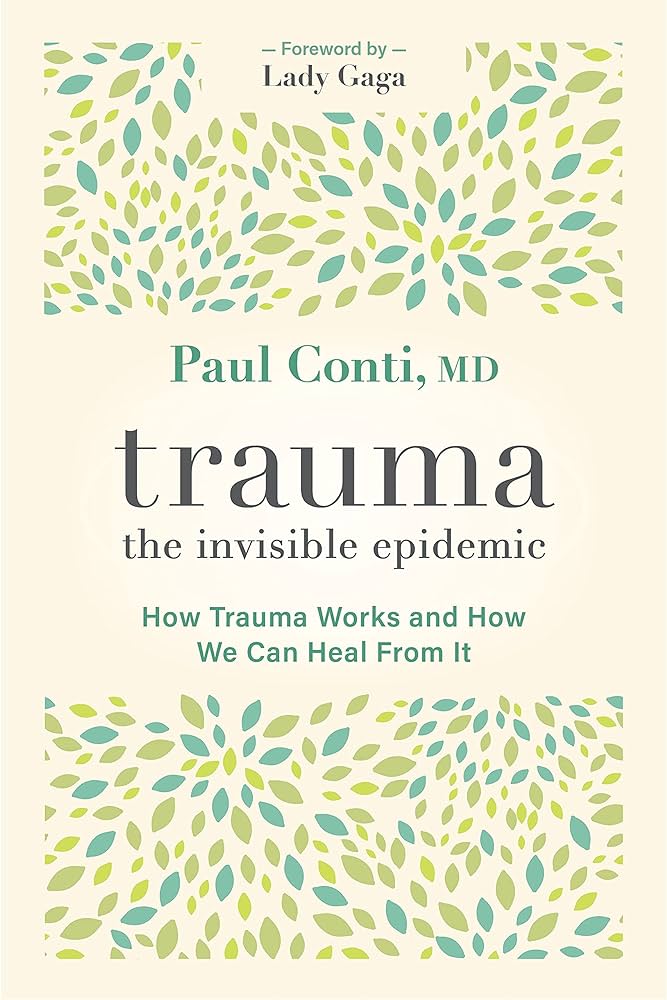
High vs. low effectiveness
The 7 Habits of Highly Effective People has long been on my reading list and finally made its way to my earbuds (via an audio series). Stephen R. Covey certainly did a lot of research and “background study” living life before writing this book, because hard-won wisdom shines through many of its paragraphs. I personally think the live audio series version of this work is even easier to connect with than perhaps a traditional book version would be, since it features stories and examples from audience members’ lives that help illustrate the basic principles introduced in this work.
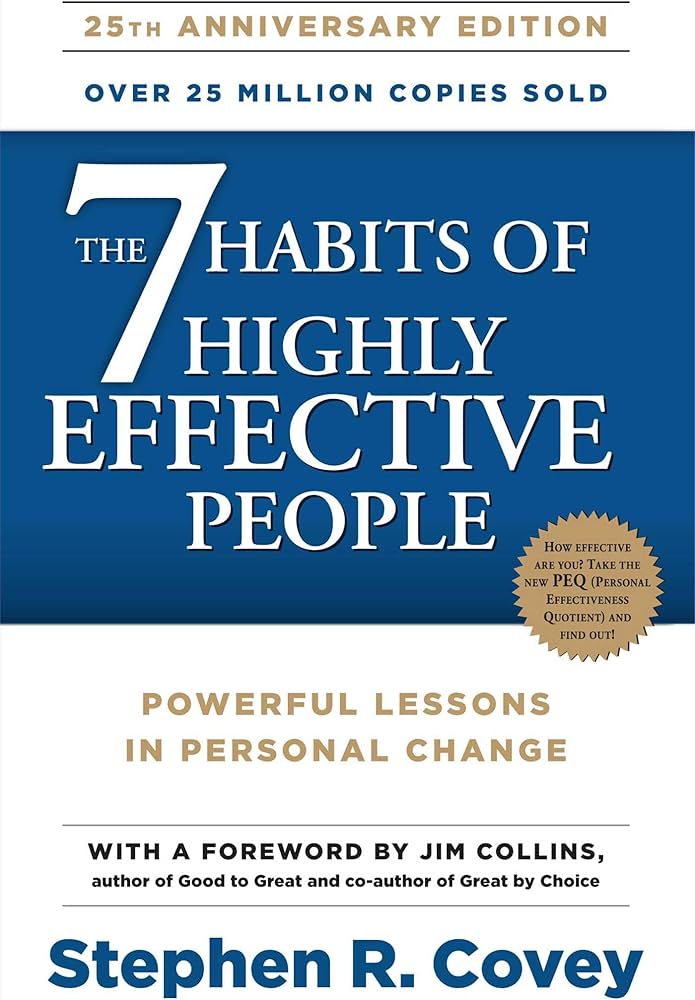
A meaningful(l) life
As a world-renowned treatise on human suffering and resilence at its most extreme, Viktor Frankl’s book Man’s Search for Meaning characterizes one’s experience of an existential meaning crisis precisely. What does man have left if even his family and health is reduced to its core remnants? Where can meaning and motivation to continue life come from in those dark nights of the soul? Frankl presents readers with a stark, realistic, and humbling portrayal of the human condition at its most basic, offering leasons in reflection for each new generation to come.
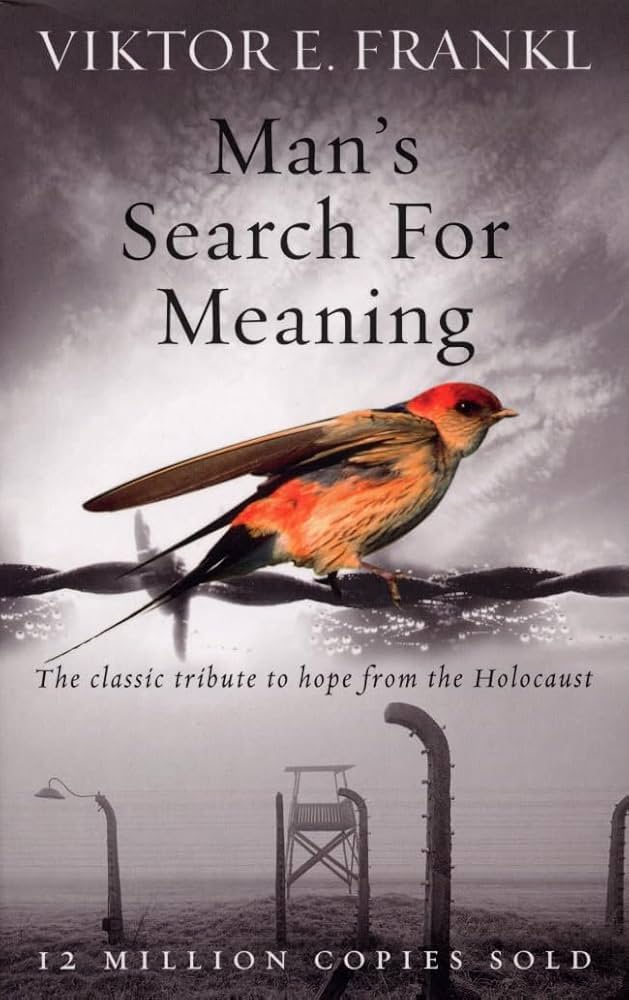
Making more sense
Lastly, for the month of September, I journeyed through Sam Harris’ popular Making Sense audiobook, which is organized as a collection of hour-long podcast interviews grouped by complementarity or relevance for modern sociopolitical issues. Although some of the cultural commentary in this audiobook is now a bit dated, its discussions of ideas central to consciousness and intelligence I believe are still useful for navigating the world of today (especially in the public adoption era of large language models).
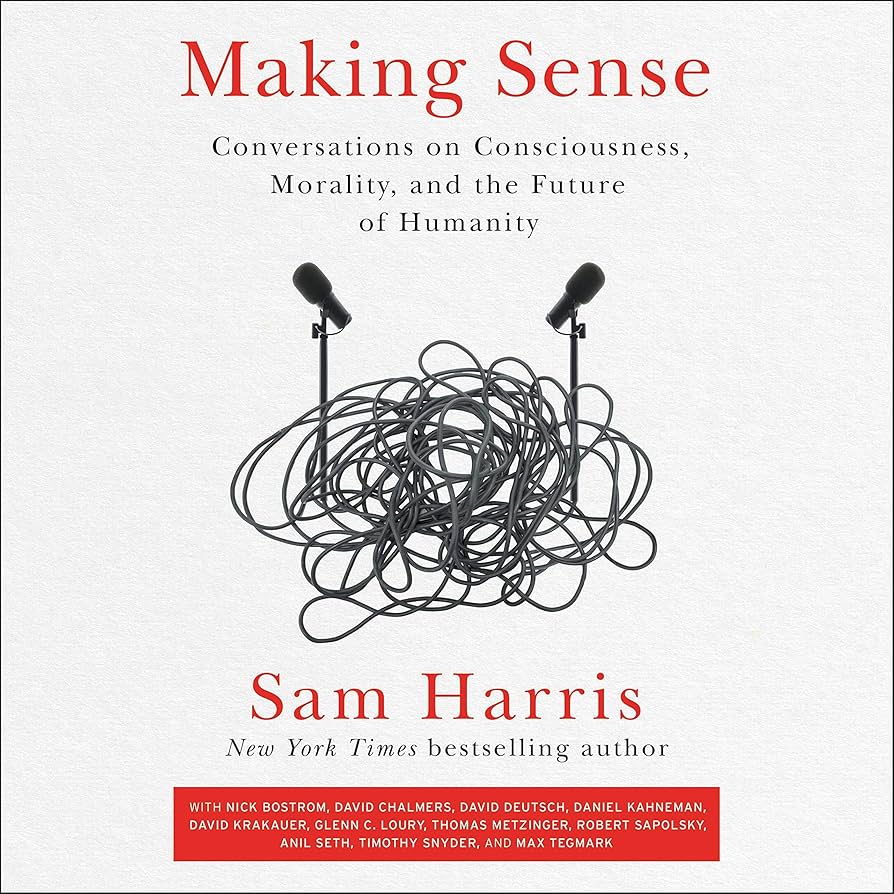
Stay antifragile (and open to new ideas).
Alex